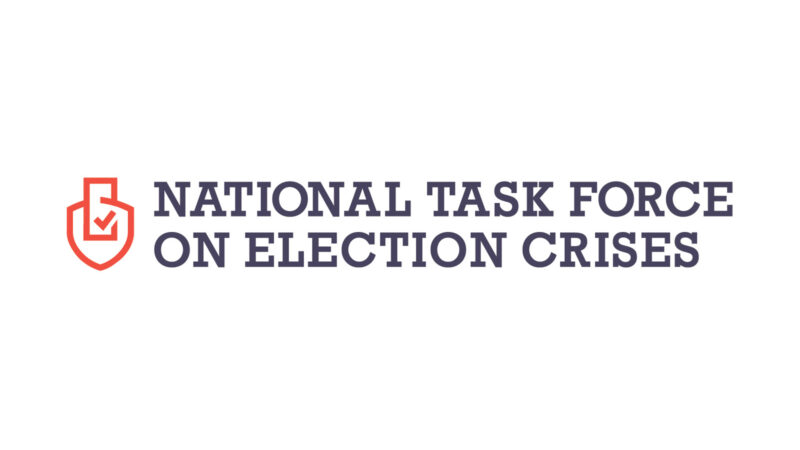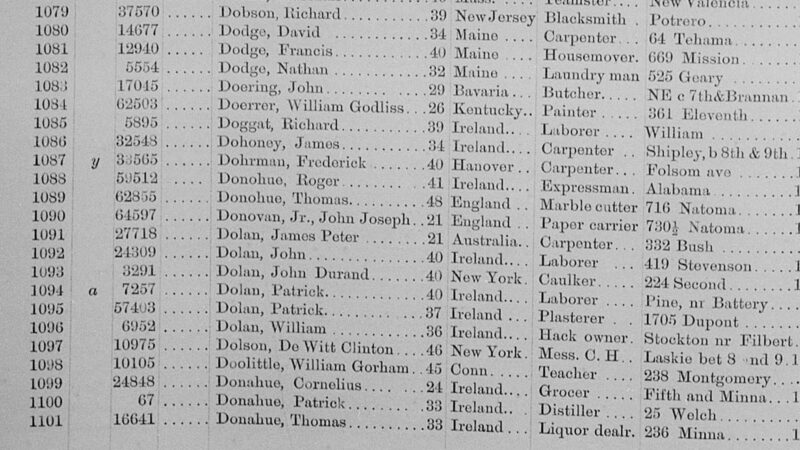Protected tens of thousands of voters from disfranchisement, intimidation, suppression, and election manipulation, and secured new precedents around the Ku Klux Klan Act and the Voting Rights Act.
Protecting Free & Fair Elections
Our Work
Without free, fair, and secure elections, voters have no voice, little control over the direction of the country; and few ways to correct course when things go awry.

Elections are the linchpin of our democracy. Holding elections, and ensuring that power changes hands in accordance with their outcomes, is the essence of democratic self-government. By defending them, we also protect our rights and our system of government.
This takes two steps. First, we defend the process of holding elections. We do so by making sure election officials are allowed to do their work without interference; that election systems are secure; and that politicians are unable to dictate the outcome or manipulate election rules.
Second, we protect voters’ ability to participate meaningfully in the process, free from intimidation and harassment.
By ensuring that elections remain free, fair, and secure, we maintain our collective ability to shape the future of the country — or, when needed, to change course. In that, we protect voters’ trust in the results, even when their preferred candidates lose.
- Build secure, accessible, and accurate election systems and processes that are free from interference from foreign adversaries or domestic political actors.
- Create guardrails that ensure voters and candidates abide by the outcomes of every election.
- Foster public confidence in the fact that elections are free, fair, and secure.
Helped defend the 2020, 2022, and 2024 elections from attempts to manipulate and subvert a free and fair result, and assisted in the passage of reforms to the Electoral Count Act.
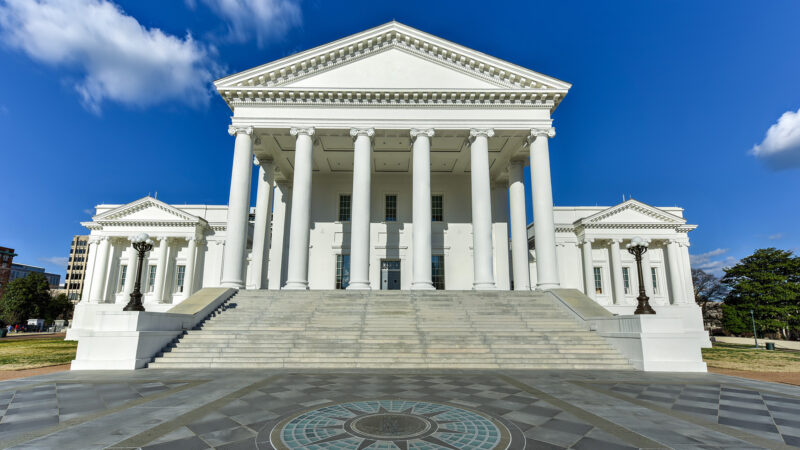
Defending the rights of eligible voters
Protect Democracy filed a lawsuit in 2024 to restore the rights of eligible voters in the state of Virginia.
October 7, 2024
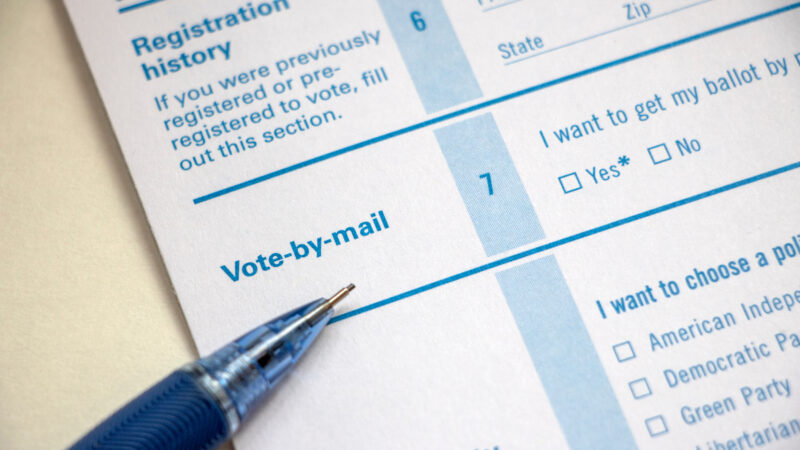
DOGE and State Voter Rolls
While efforts by the Trump administration to expand an immigration data system for verifying voting eligibility might initially sound sensible, it is a solution in search of a problem.
July 15, 2025
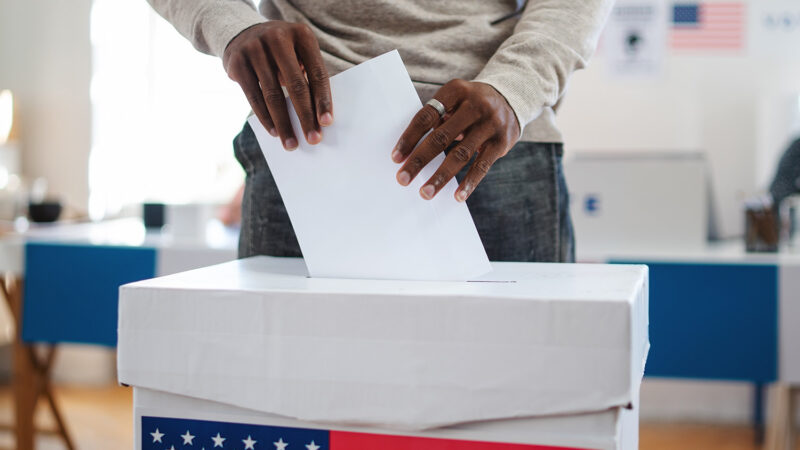
Election certification, explained
Election certification is the process through which the canvass – the process of counting and aggregating ballots, and ensuring that every ballot is accounted for – is concluded.
May 19, 2025
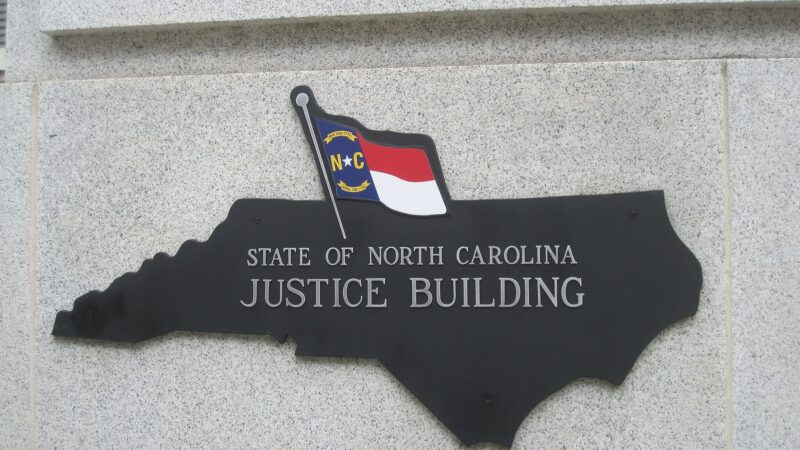
The election-stealing effort in North Carolina, explained
A zombie lawsuit aims to overturn and steal a NC Supreme Court race
January 11, 2025
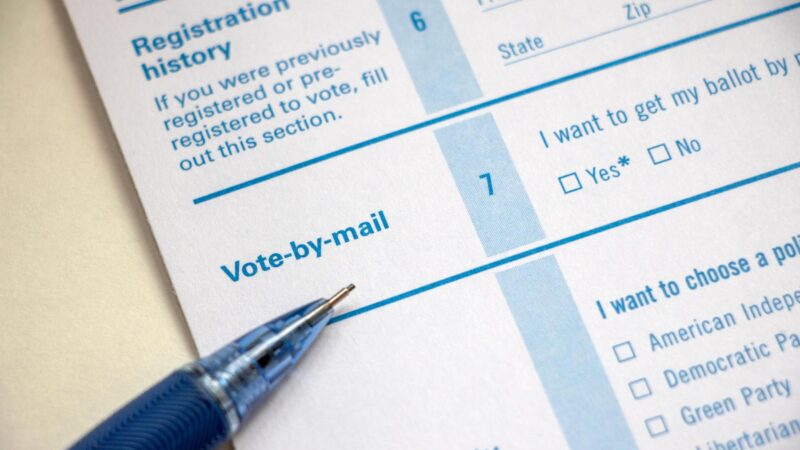
Voter List Maintenance, Explained
List maintenance helps ensure that voter rolls contain the right people and can be trusted as the foundation of our elections.
November 4, 2024

Why using “zombie lawsuits” to challenge election results will fail
The suits are meant to cast doubt on the validity of the election results and provide a pretext to challenge them — not to succeed in court.
November 1, 2024
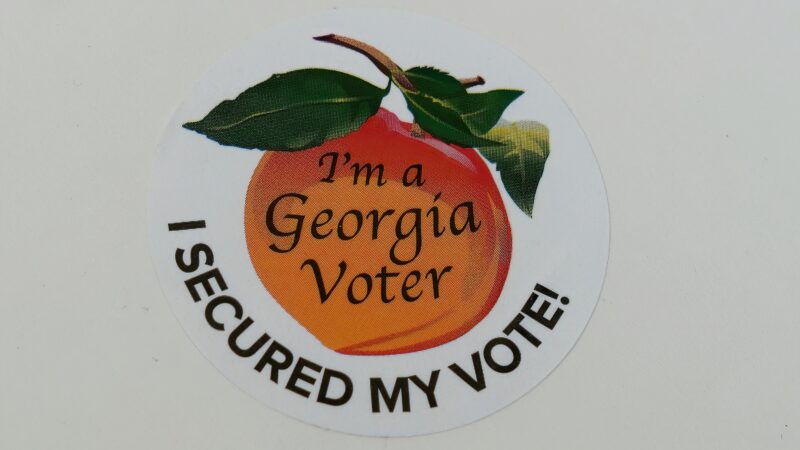
The Big Lie dressed-up as “data science”
United Sovereign Americans is trying to dress up the same old lies in junk data science, which they are using to ask the courts to disenfranchise voters in Georgia and in states throughout the country
October 29, 2024
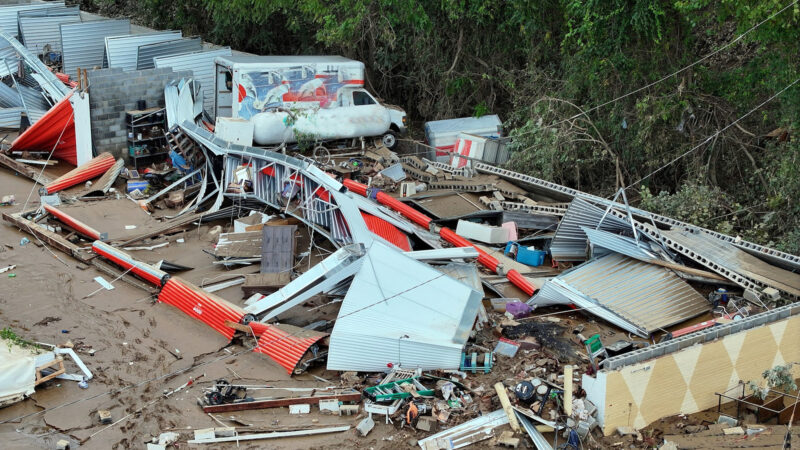
The 2024 Election After Hurricane Helene: North Carolina
The State Board of Elections and other officials have broad authority to make sure that all eligible voters are able to vote safely and securely this year.
October 16, 2024
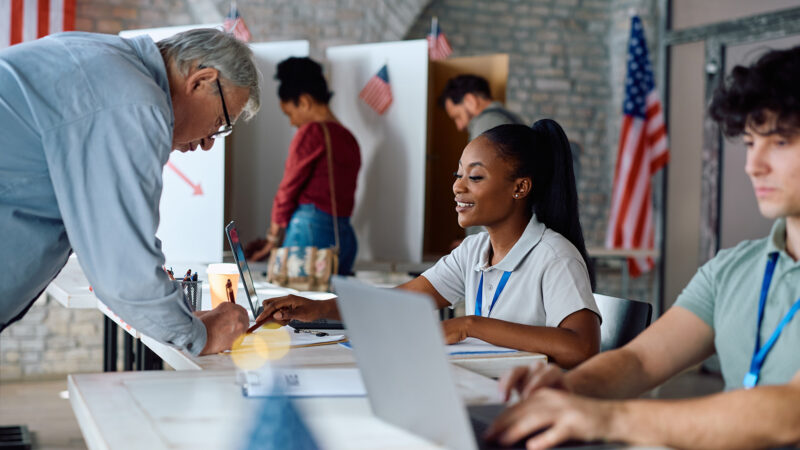
Analyzing Mass Voter Challenges in 2024
Mass challenges are frivolous, redundant, and are an attempt to circumvent federal law, but largely fail.
October 9, 2024

Defending the rights of eligible voters
Protect Democracy filed a lawsuit in 2024 to restore the rights of eligible voters in the state of Virginia.
October 7, 2024
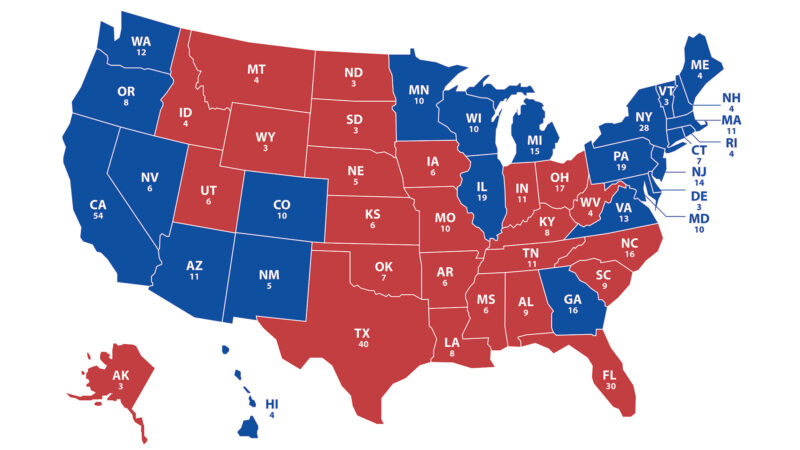
The ‘blue shift’ and ‘red mirage’ in election results, explained
The terms refer to a phenomenon where the proportion of votes counted for Democratic candidates increases as votes continue to be tabulated.
October 7, 2024
